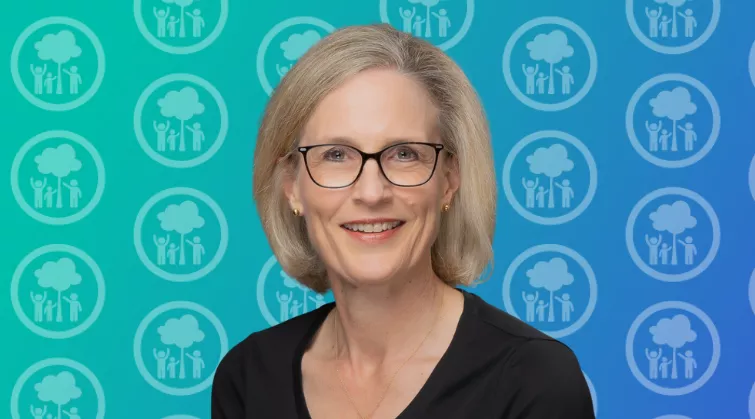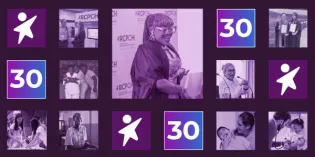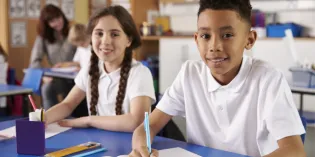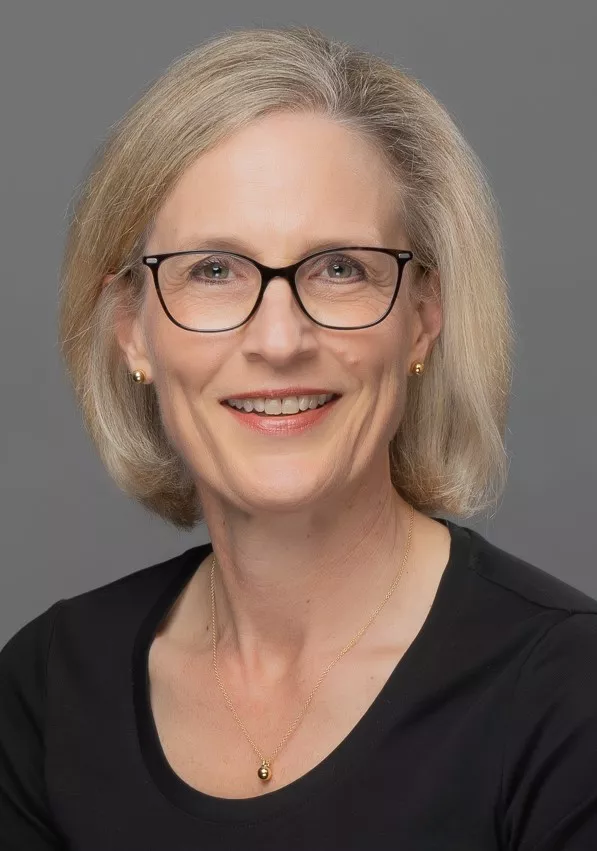
The Royal College of Paediatrics and Child Health has over 22,000 members from around the world. We aim to advocate for the best interests of children, including in complex humanitarian crises. We aim to do so without engaging in political commentary or judgement, especially where events and facts are contested. In recent days – and continuing – we have aimed to listen to members in the UK and internationally and to reflect a shared common commitment to the protection of innocent children and young people, whomsoever and wherever they are placed at risk of harm. We recognise that in so doing we aim to balance diverse views amongst our communities of members, and that we can see how challenging that balance can be. As a child health organisation, our only concern is, and always will be the impact conflicts such as these has on children. [Inclusion as of 21 October 2023]
As we consider the terrible situation in the Middle East, it is incumbent on us all – as governments and international agencies, communities and individuals – to ask what the consequences of this will be for all children across the region.
We must find the courage to pause for a moment the great cycle of endless recrimination and to understand what other path will forge us a better future for children, whoever and wherever they are. This, I believe, is one of the most important roles the College can play, both here in the UK and around the world. To advocate, ceaselessly and without partisan attachment, for the universal imperative of protecting children. To remind those in power, in whatever form, that the inherent innocence of the child places on us all a grave responsibility to shape our actions to their best interests; to make their physical safety in the immediate term and their chances of a brighter future our absolute priority and imperative. This imperative meant we felt it was important to issue a statement to this effect and to write to James Cleverly, the UK Secretary of State for Foreign, Commonwealth and Development Affairs, reminding him that the survival, safety and wellbeing of all children caught up in the conflict must be prioritised. We will continue to keep a close eye on the situation and will play our role in ongoing advocacy for children in the region.
The role of Physician Associates in the NHS
You will all have seen the many discussions, both within Colleges, and across the NHS, about Anaesthesia Associates and Physician Associates (PAs). PAs are comparatively new roles and are not as widely used in paediatrics as in other specialties. We hear the concerns of some of our members on how PA roles are being developed in parts of the NHS, and the need to think carefully about some of the distinct considerations in paediatrics, for example around safeguarding competencies. Paediatrics has long been a multidisciplinary service, and therefore has good experience of working effectively across different roles to help children and young people. We have a very good opportunity therefore to be really thoughtful about the appropriate role for PAs as part of the wider multidisciplinary paediatric team going forward, and what needs to be put in place to ensure high quality, safe and effective services. Our College work plan for the year ahead already includes work on PA roles, and we aim to learn from the experience in other specialties as well as the experiences of our members, and children and young people themselves. We want to hear your views about PAs in paediatrics through a quick, snap shot poll.
Launching our Child Health Inequalities and Climate Change toolkit
I’ve been immensely proud of the work the College has done on both health inequalities and climate change. We’ve come so far on both topics to build a clear position that I’m delighted members and policy makers have responded to. It is hugely exciting to now see these two strategic priorities come together as we launch the second phase of #ShiftTheDial. This time we focus on the unequal impacts of climate change. From air pollution to rising food prices, children from low-income backgrounds are at greater risk from the health effects of climate change.
Low-income households have the least choice of where they live, least resources to adapt to climate change, and are impacted most by rising food prices. We have an important opportunity as paediatricians to understand the impact of climate change on children, learn how to engage with families and young people to understand how climate change is affecting them, and then use our insights and expertise to advocate on behalf of children. Please do take the time to invite your MP to a roundtable we’re hosting in December that will help build awareness of this issue in Parliament. I’d also really encourage you to delve into our toolkit to build your understanding and explore how you can advocate for action.
Genomics
There’s a lot happening in the world of genomics, and I am keen that we all keep up to date with developments because this is impacting everyone’s clinical practice. Genomics England has recently published the list of the 223 conditions that will be included in the proposed Generation study (newborn screening programme). Many of our specialty groups have been closely involved in the selection process. This is an iterative process as new evidence emerges, but please feel free to let our RCPCH Officer for Genomics, Ngozi Edi-Osagie, know if you have any relevant feedback or questions. She can be contacted via genomics@rcpch.ac.uk.
NIHR research opportunities
There is also plenty happening in the world of research. Firstly, we want to encourage all our UK members to consider taking advantage of an exciting NIHR Programme Development Grants call that is solely dedicated to child health and wellbeing research. It aligns closely with the College’s objective to bolster research capacity, capability and sustainability, especially in some of the most challenging areas of child health research such as safeguarding, neurodisability, children’s mental health and so on. See our College announcement for more information.
Secondly, following learning from COVID-19, NIHR is funding the REMAP-CAP trial to rapidly assess multiple treatments, including antivirals and corticosteroids, for flu– aiming to prevent ICU admission and death. As we head into the autumn/winter respiratory viral season, now is the time to make sure your hospital is ready to start recruiting children and young people. The study is open for any child over one month old hospitalised with severe flu. Please contact Dr Whittaker e.whittaker@imperial.ac.uk for more information. It is also a great opportunity to get an experience of research as it is part of the Associate Principal Investigator Scheme.
This message was emailed to all RCPCH members who are opted in to receive College updates / professional updates. You can update your contact preferences at any time - log in to your RCPCH online account, go to My account | Your contact preferences, then make sure you've ticked College updates / professional updates.








